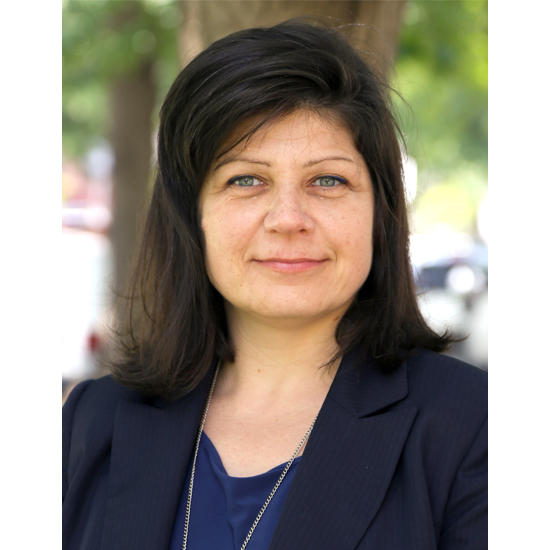
04 May HRH2030 Director’s Digest: May 2021
May 2021: Building, Managing, and Optimizing the Health Workforce
Dear Colleagues,
The HRH2030 Health Worker Life Cycle Approach is one of the tools we most frequently refer to in the course of our work. It’s something we have shared with donors outside of our USAID and PEPFAR funders, with country governments, with bilateral organizations, and with health worker associations. It’s been adapted to support the World Health Organization Community Health Worker Guideline recommendations, and we also adapted again with a gender lens. And so it is rather fitting that the health worker life cycle will serve as the linchpin for the second event in our HRH2030 End-of-Program Legacy Series, taking place on May 18, Six Years in 60 Minutes: Learning from the HRH2030 Program.
It is bittersweet to think about the conclusion of HRH2030’s programming, but let’s focus on the good: Our hardworking team is looking forward to sharing with the global community what we’ve learned throughout these past six years. Keep up to date with our upcoming events and more on this HRH2030 End-of-Program Legacy Series page. You can also find important takeaways from our first End-of-Program event in the series summarized in this blog, How We Can Integrate the Health and Social Service Sectors to Achieve Health for All.
Meanwhile, our work continues apace: In Indonesia, we are supporting the Ministry of Health to strengthen its health workforce information system, as seen in this collaboration with the country’s midwifery association. Our Capacity Building for Malaria activities are ongoing in Central African Republic, Chad, Cote d’Ivoire, Guinea, and Togo, and in this month’s newsletter, we share an interview with Togo National Malaria Control Program Coordinating Director Dr. Tinah Atcha-Oubou, who highlights some of his country’s biggest challenges along with some recent successes. We’re also pleased to announce the second addition to our “HRH Optimization Tool” portfolio. The HRH Optimization Tool for Family Planning—HOT4FP—builds on the success of our HOT4ART tool, helping HRH managers at all levels (national, regional, district, and in health facilities) make workforce decisions to support the delivery of efficient client-centered family planning services.
Finally, last week we concluded our month-long health worker video testimonial campaign, hosted in collaboration with Frontline Health Workers Coalition, Chemonics, IntraHealth International, and Women in Global Health. In these moving testimonials, submitted by health workers across 10 countries, we heard what health workers really need to do their jobs well while feeling safe and supported. If you missed them on social media, you’ll want to catch up here.
Best,
Wanda Jaskiewicz
Project Director, HRH2030






